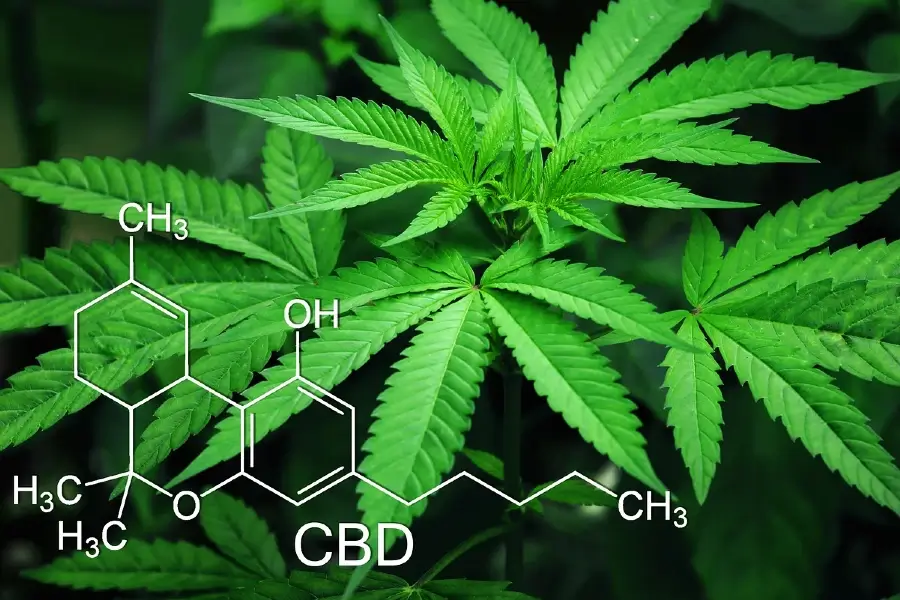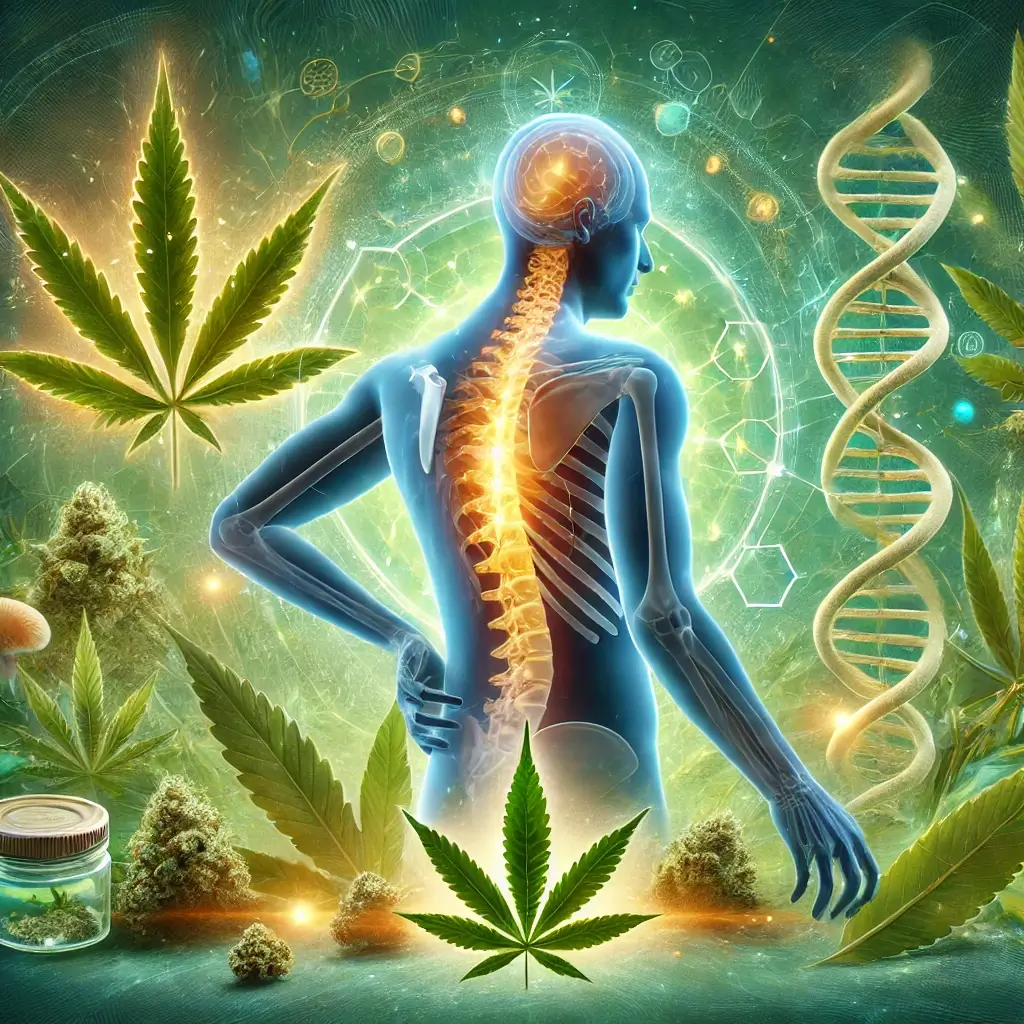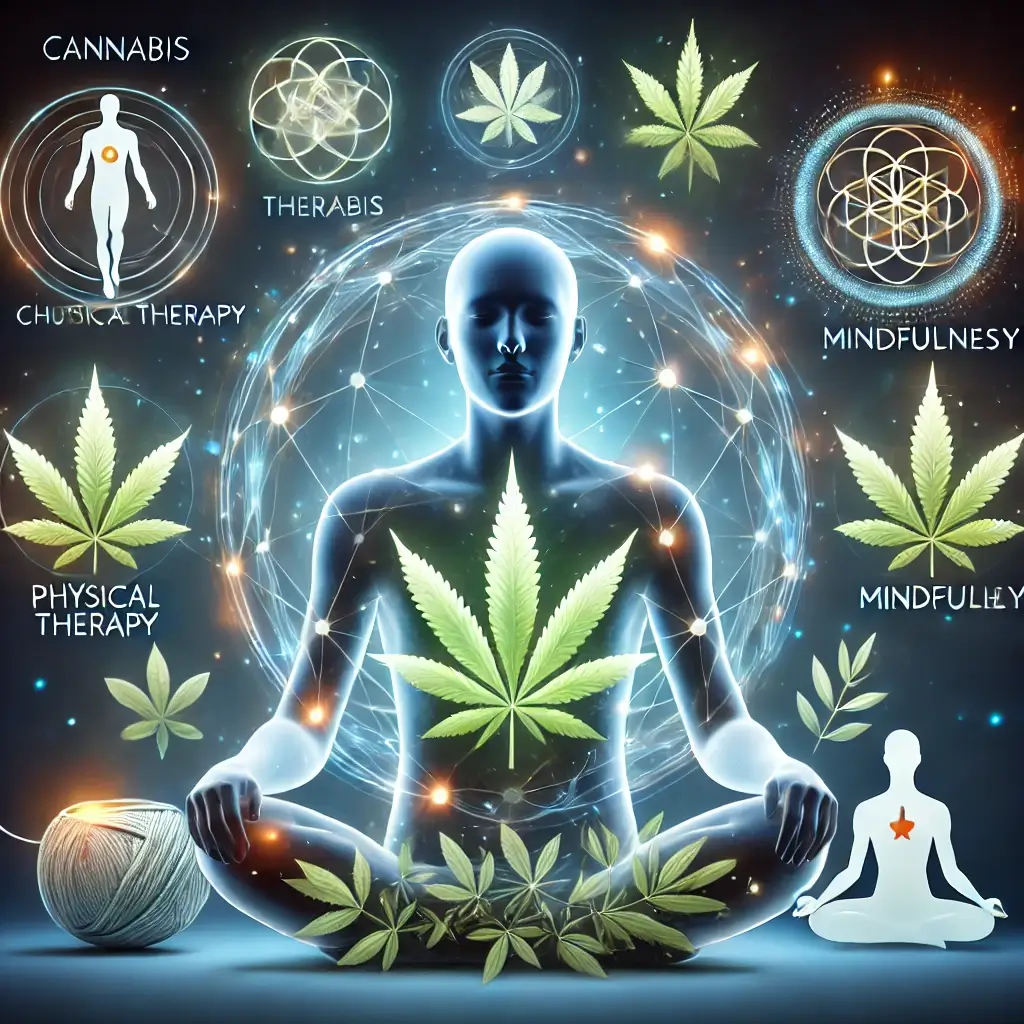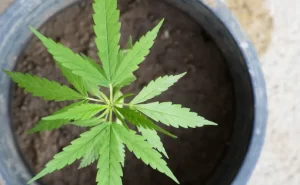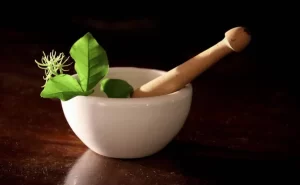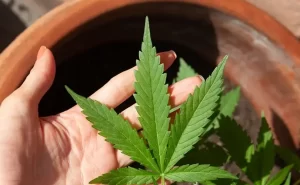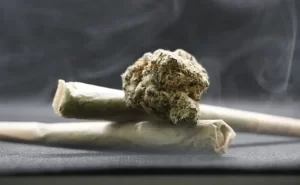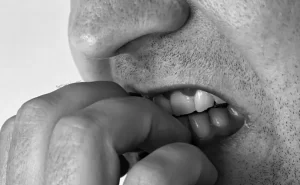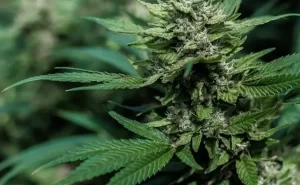Half of Individuals Who Used Medical Cannabis Decreased Their Use of Opioids
Data indicates that medicinal cannabis usage may be connected with a decrease in opioid use, although the evidence is not conclusive, and some trials yield inconsistent results. Studies Suggest Reduction: According to a 2023 study conducted by the New York State Department of Health, chronic pain patients who received medicinal cannabis for 30 days or longer experienced a significant reduction (47% to 51%) in their daily opiate usage.
Other research has found possible links between medical cannabis use and decreased opiate use for pain management.
Mixed Results and More Research Needed: It’s worth noting that not all studies reveal such an obvious link. Some data indicate that medicinal cannabis may not be helpful for everyone in treating opioid dependence, and more high-quality studies are needed to establish a conclusive cause-and-effect relationship.
The opioid epidemic has become a severe public health catastrophe in many parts of the world.
Possible Reasons for Reduction: While there is continuous discussion about the advantages and risks of medical cannabis use, one area where it could be especially beneficial is in reducing opiate use. Opioids are a type of medicine that is frequently prescribed for pain management, but they have a high risk of addiction and overdose.
The opioid epidemic has become a severe public health catastrophe in many parts of the world, resulting in thousands of deaths each year from opioid overdose.
Medical cannabis, on the other hand, has been found to provide pain relief and symptom control for a variety of diseases. This includes chronic pain, neuropathic pain, stiffness, and chemotherapy-induced nausea and vomiting.
Medical cannabis, by providing an alternate source of pain management.
Medical cannabis, by providing an alternate source of pain management, may be able to assist some people in reducing or eliminating their usage of opioids.
There are various theories on how medical cannabis could help achieve this goal. One hypothesis is that cannabis and opioids function differently to relieve pain. Opioids block pain signals from the central nervous system, but cannabis modulates pain perception by interacting with the body’s endocannabinoid system. Combining these two techniques may allow patients to receive better pain relief with lower opioid doses.
May experience a variety of unpleasant symptoms such as nausea, vomiting, diarrhea, and muscle aches.
Another notion is that medical cannabis can aid with opioid withdrawal symptoms. When someone stops taking opioids after a long period of regular use, they may experience a variety of unpleasant symptoms such as nausea, vomiting, diarrhea, and muscle aches.
These symptoms can be challenging to control, and some people may continue to use opioids to avoid withdrawal. However, cannabis has been demonstrated to help ease some of these symptoms, making it more straightforward for people to wean themselves off opioids.
Of course, there are some hazards involved with medical cannabis use, such as addiction and unpleasant side effects. However, for some individuals, medical cannabis may be a safer and more effective alternative to opioids.
Medical cannabis is not a solution for opioid addiction and should not be taken without first consulting a medical practitioner.
As research in this field progresses, it will be critical to thoroughly assess the benefits and hazards of medicinal cannabis use and produce evidence-based guidelines for its use in pain management.
Important considerations:
Medical cannabis is not a solution for opioid addiction and should not be taken without first consulting a medical practitioner.
It’s critical to collaborate with a doctor to create a specific treatment plan that may include medication, therapy, and other measures for managing chronic pain or opioid use disorder.
Overall, medical cannabis has the potential to lower opioid consumption, which is a promising area of research. However, additional proof is required, and the solution is not one-size-fits-all. If you are battling opioid addiction, speak with your doctor about alternative treatment options, including medicinal cannabis if permitted in your state.
